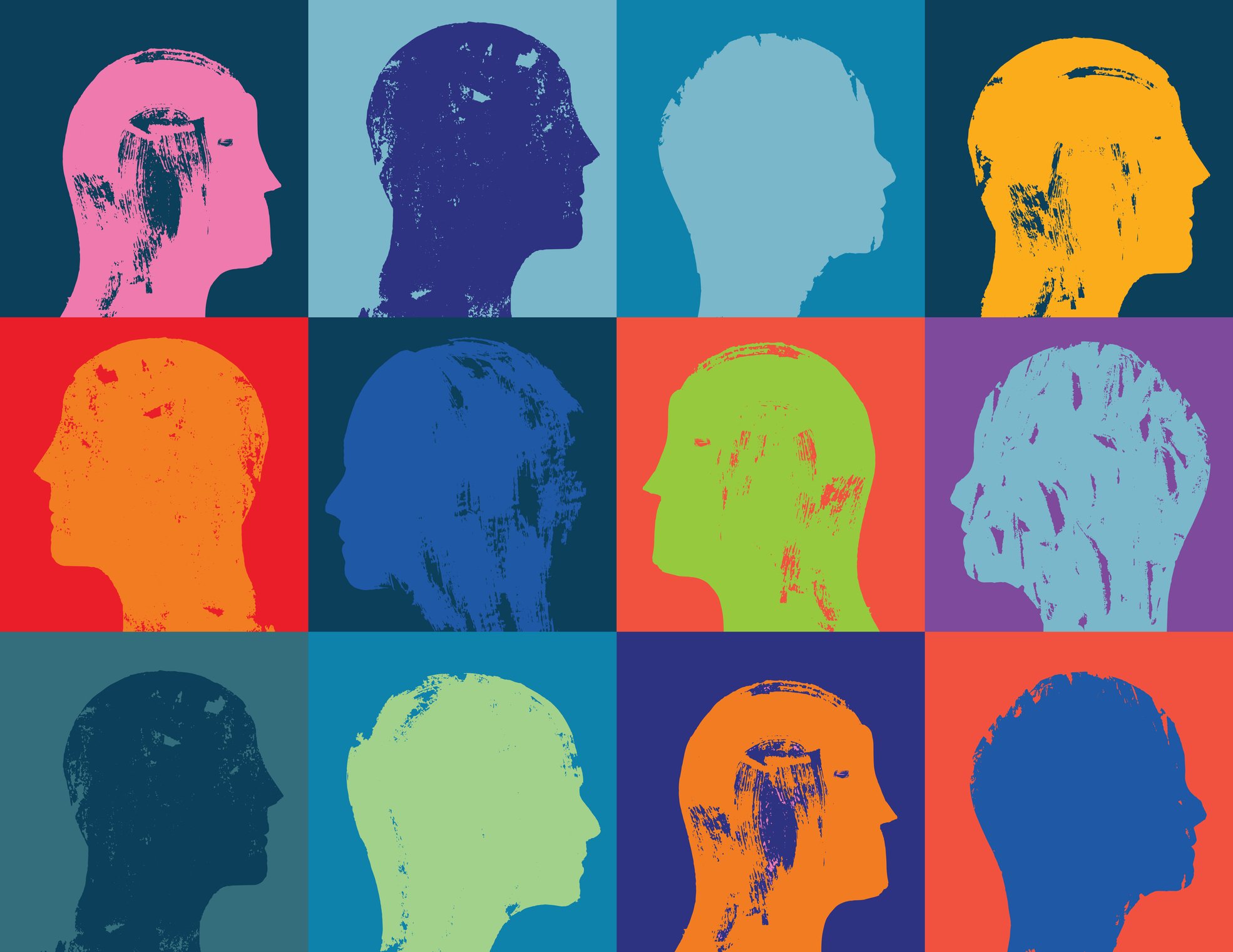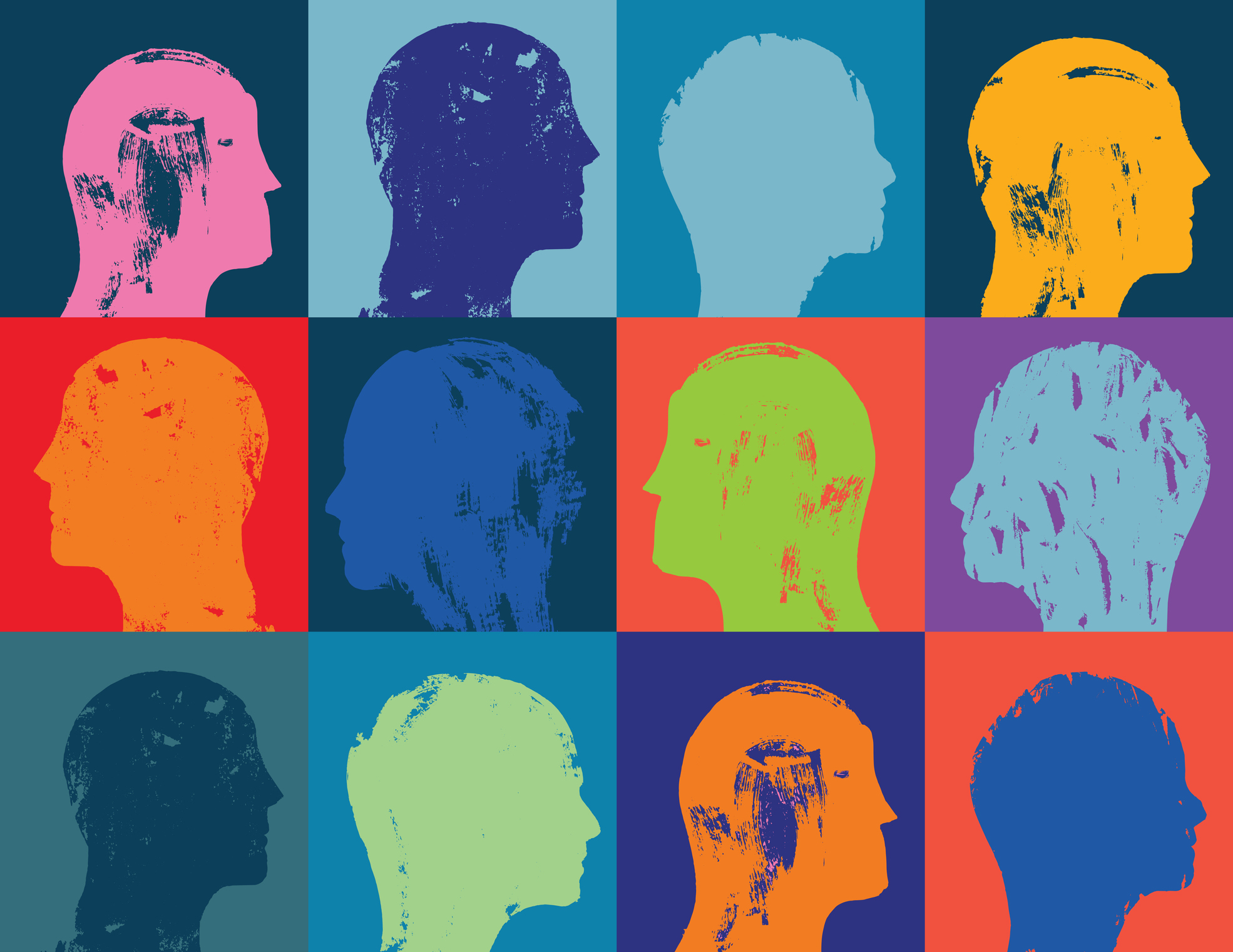 In our growing diverse society, health care workers need to understand that applying only traditional westernized medical practices isn't appropriate for many patients and families. Health professionals must have an awareness of different cultural practices and spiritual beliefs in order to reduce racial and ethnic disparities in health care.
In our growing diverse society, health care workers need to understand that applying only traditional westernized medical practices isn't appropriate for many patients and families. Health professionals must have an awareness of different cultural practices and spiritual beliefs in order to reduce racial and ethnic disparities in health care.
According to the American Hospital Association, cultural competency in health care describes the ability of systems to provide care to patients with diverse values, beliefs and behaviors, including the tailoring of health care delivery to meet patients' social, cultural and linguistic needs.
There can be language barriers so make sure you know your patient’s preferred method of communication and arrange an interpreter. Non-verbal communication may differ across cultures. Don’t make any assumptions without knowing the person's customs.
Many cultures have special dietary considerations. Hospital staff should be educated about food culture, which is a term used to describe the non‐nutritive, yet nonetheless significant, aspects of food, such as when food is eaten and how it is served.
For example, Jewish patients do not eat pork or shellfish. Muslim patients also do not consume pork. Muslims will eat only permitted food (halal) and will not eat or drink anything that is considered forbidden (haram). Halal food requires that Allah's name is invoked at the time the animal is killed. Lamb, beef, goat and chicken, for example, are halal as long as a Muslim kills them and offers a prayer. Fish and eggs are also halal. Buddhist are mostly vegetarian, though Buddhists may eat meat if it has not been killed for them specifically.
Health care workers should use effective communication to increase their understanding about the patient's spiritual beliefs and practices. Your workplace should offer spiritual counselors like a chaplain or a rabbi. It is a good idea to have a non-denominational prayer and meditation room which can serve as an inclusive sacred space for staff and patients of all religious backgrounds.
Management should take an active role in promoting culturally competent workplace training courses and resources.
Our calendar of cultural dates is a great tool to assist staff with respectful scheduling and diversity celebrations.







